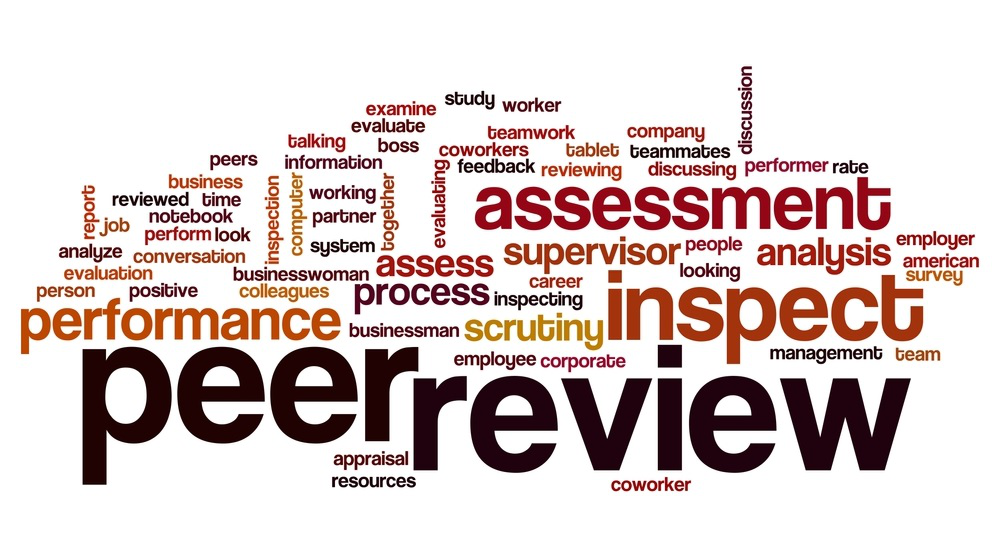Fault Tolerance and Reliability in Advanced Computing Systems: Techniques and Trends
DOI:
https://doi.org/10.69987/Keywords:
Fault Tolerance, Reliability, Advanced Computing Systems, Trends, TechniquesAbstract
In the age of digital transformation, advanced computing systems have become integral to the functioning of industries, governments, and everyday life. These systems, encompassing cloud computing, edge computing, and emerging technologies like quantum computing, offer unprecedented computational power and scalability. However, with such advancements come increasing concerns regarding security and privacy. As computational tasks become more complex and data exchange more frequent, safeguarding sensitive information and maintaining the integrity of these systems have become paramount challenges. This paper provides a comprehensive analysis of the security and privacy challenges within advanced computing systems, exploring both current vulnerabilities and future threats posed by the rapid evolution of technology. We begin by outlining the various forms of advanced computing systems, detailing their architectures, applications, and inherent security risks. The study then delves into critical topics such as encryption techniques, access control mechanisms, and privacy-preserving methodologies, with a focus on the current state of the art and its limitations. We highlight how artificial intelligence (AI) and machine learning (ML) can both aid in security enhancements and introduce new vulnerabilities. Blockchain technology is also examined as a promising approach to reinforcing data integrity and secure authentication within decentralized systems. Additionally, we analyze how quantum computing poses a unique threat to traditional cryptographic methods, urging the need for post-quantum cryptography solutions. Looking toward the future, the paper explores potential innovations in security and privacy for advanced computing, including the integration of blockchain, AI, and green computing. We also discuss regulatory implications and the need for more robust policy frameworks to address the evolving threat landscape. Through three related tables, the paper presents a comparative analysis of security methods, the impact of AI-driven cybersecurity measures, and the potential future directions for enhancing security in advanced systems. Ultimately, this research aims to contribute to a deeper understanding of the intersection between advanced computing and security, proposing strategies to mitigate risks while fostering technological growth.
Downloads
Published
Issue
Section
License
Copyright (c) 2024 Journal of Advanced Computing Systems

This work is licensed under a Creative Commons Attribution-NonCommercial-NoDerivatives 4.0 International License.









